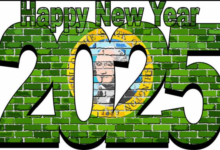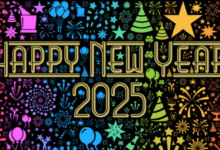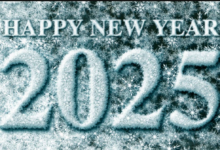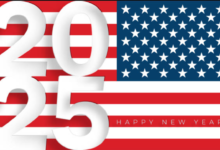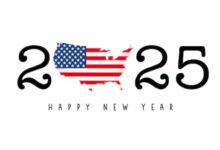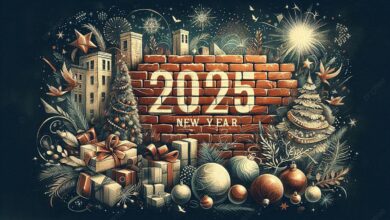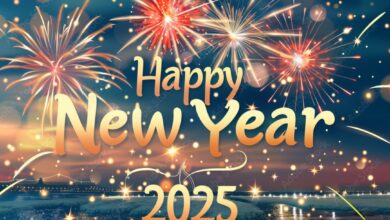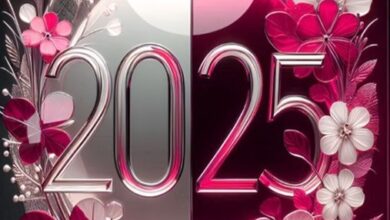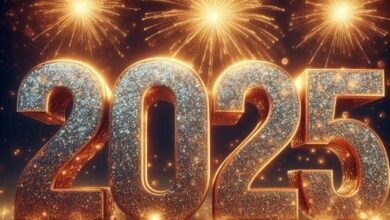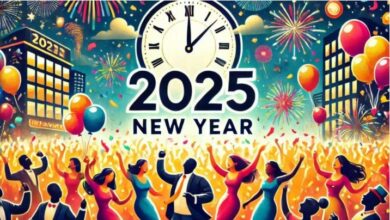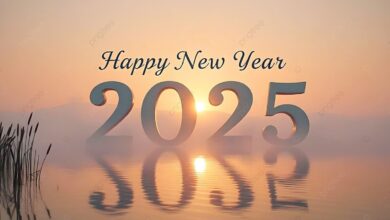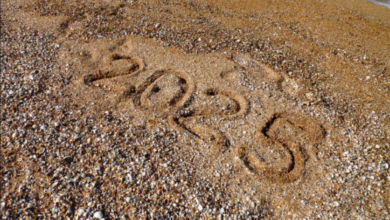is it happy new year or years
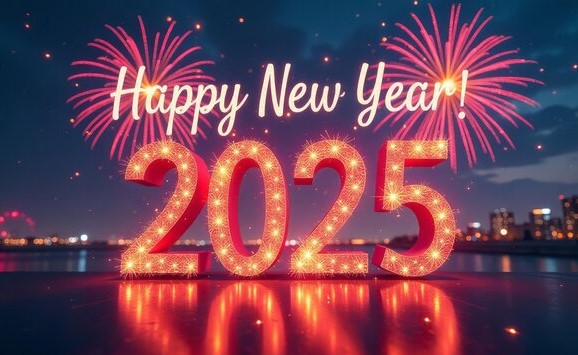
Is It “Happy New Year” or “Years”? Clearing the Confusion
As we approach the end of December, one question often arises: is it “Happy New Year” or “Happy New Years”? While it may seem trivial, this query has puzzled many and sparked lively debates among grammar enthusiasts. Let’s settle this once and for all, explore the nuances, and uncover the appropriate contexts for using each phrase. We’ll also look at popular quotes and traditions to celebrate this festive season.

Is It “Happy New Year” or “Years”?
The short answer is: it depends on the context. Here’s a breakdown:

- Happy New Year: This phrase is singular and refers to the start of a single new year. It’s the most commonly used form and is grammatically correct when wishing someone well for the upcoming year.
- Happy New Years: This form is typically incorrect unless referring to multiple new year celebrations or events. For example, someone might say, “I’ve celebrated several Happy New Years in different countries.”
For most greetings and festive wishes, stick with Happy New Year to keep it simple and grammatically sound.
Is It “Happy New Year” or “Years” Quotes?
Quotes about the New Year often reflect themes of renewal, hope, and positivity. Let’s explore how these phrases are used in quotes:

- Happy New Year Quotes: These are singular and focus on celebrating the arrival of the new year. Examples include:
- “Cheers to a new year and another chance for us to get it right.” — Oprah Winfrey
- “Write it on your heart that every day is the best day in the year.” — Ralph Waldo Emerson
- Happy New Years Quotes: While less common, this form might appear when referencing multiple years or traditions:
- “Across the globe, we’ve celebrated countless Happy New Years, each marking the start of something new.”
When creating or sharing quotes, remember the context to ensure clarity and grammatical accuracy.
Is It “Happy New Year” or “Years” Eve?
The confusion also extends to the phrase used for December 31st. Here’s the distinction:
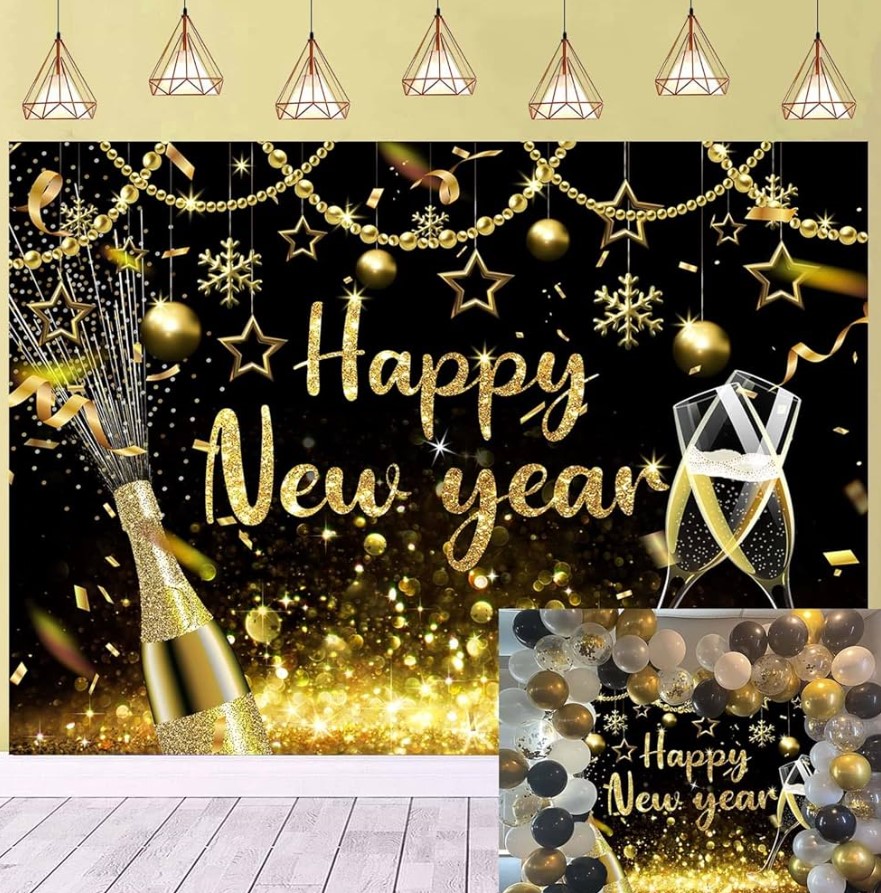
- New Year’s Eve: This is the correct term for the night before New Year’s Day. The apostrophe indicates possession, referring to the eve belonging to the New Year.
- New Years Eve: This is incorrect unless referring to multiple eves, which is unlikely in typical conversation.
For example:
- Correct: “We’re hosting a party on New Year’s Eve.”
- Incorrect: “We’re hosting a party on New Years Eve.”
Always include the apostrophe to ensure proper usage.
Celebrating the New Year
Regardless of how you phrase it, the New Year is a time for celebration, reflection, and setting intentions. Here are some tips for making the most of this festive occasion:
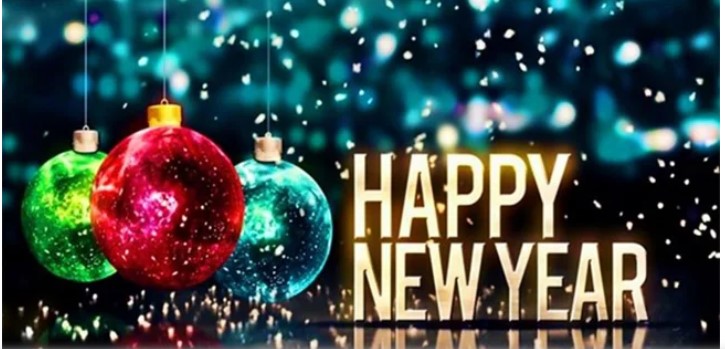
- Send Thoughtful Greetings: Use the phrase “Happy New Year” in your cards, texts, or social media posts to spread joy and good wishes.
- Plan a Festive New Year’s Eve: Host a party, attend a local event, or enjoy a quiet evening with loved ones as you countdown to midnight.
- Set New Year’s Resolutions: Use the start of the year as an opportunity to set achievable goals and aspirations for personal growth.
- Reflect on the Past Year: Take time to appreciate the memories and lessons from the previous year while looking forward to new opportunities.
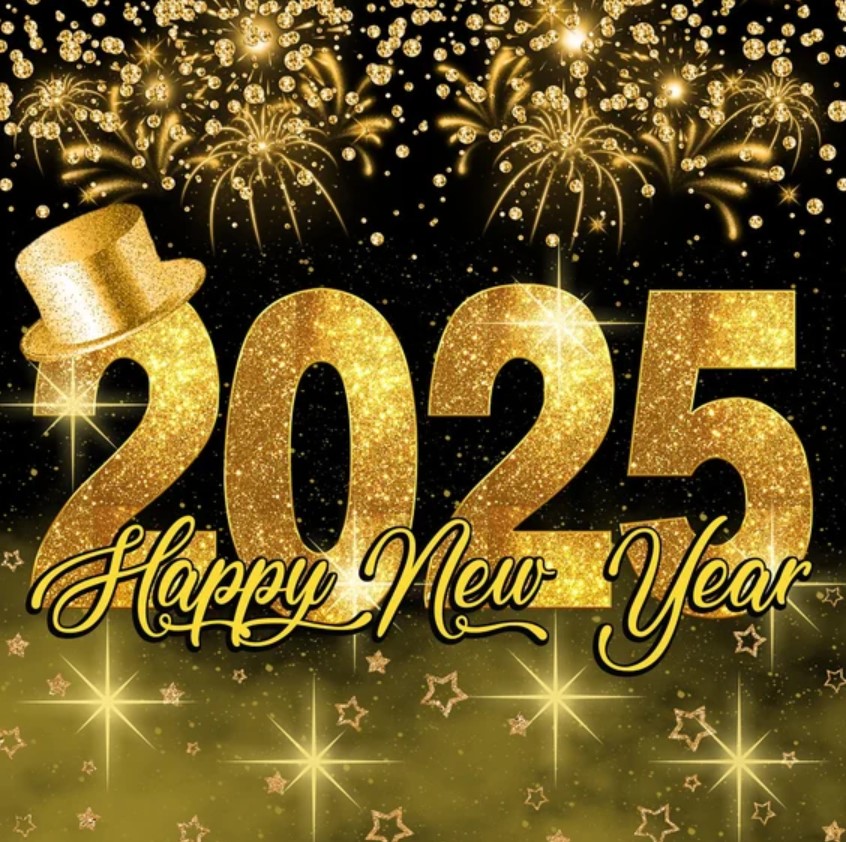
Conclusion
The debate between “Happy New Year” and “Happy New Years” is easily resolved with an understanding of context and grammar. Use “Happy New Year” for greetings and well wishes, and reserve “New Year’s Eve” for December 31st celebrations. By doing so, you’ll ensure clarity and spread joy with confidence.
As we welcome 2025, let’s focus on the positive energy of the season and share heartfelt wishes with those around us. Here’s to a happy, prosperous, and exciting new year—cheers!
